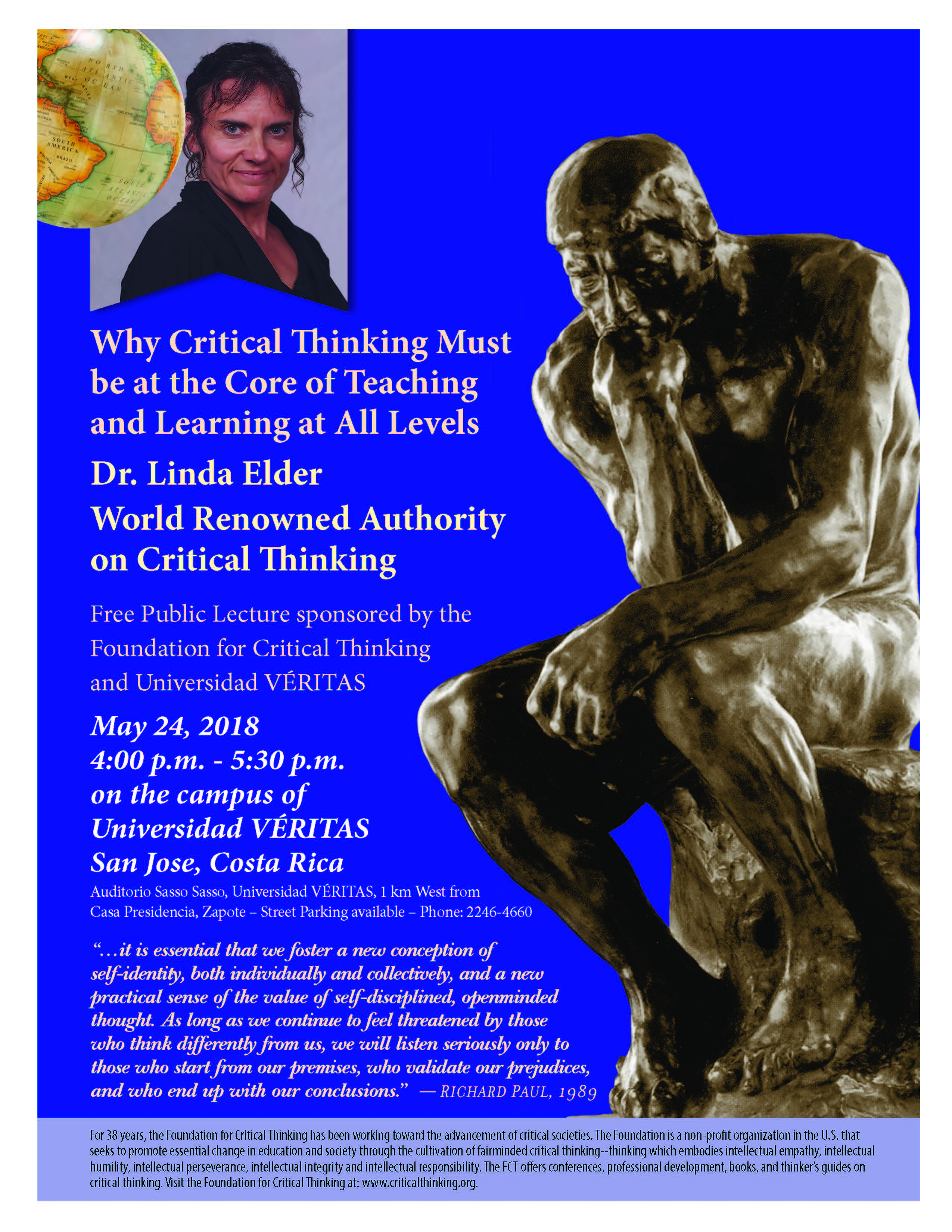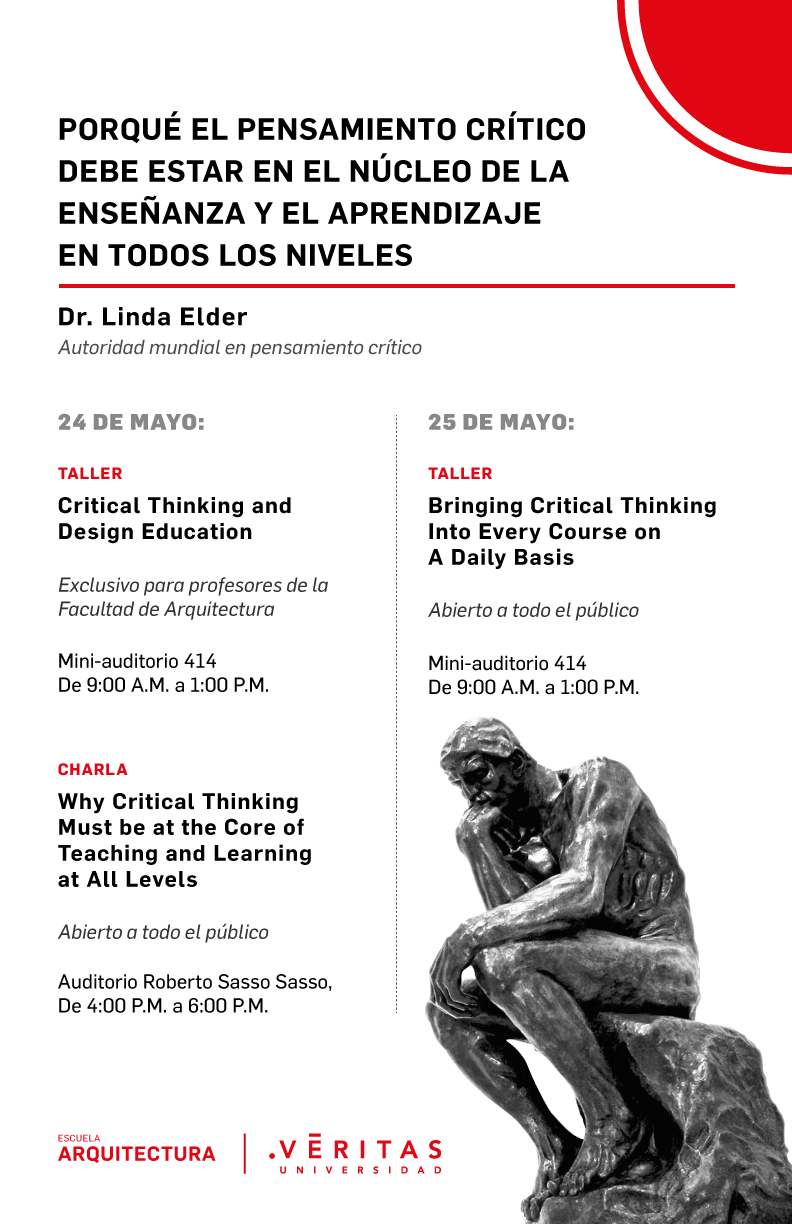



Translate this page from English...
*Machine translated pages not guaranteed for accuracy.
Click Here for our professional translations.

| Files available for download » | |


Please do not pass this message by.
CRITICAL THINKING IS AT RISK.
Here are some of the big reasons why:
As you see, increasingly powerful trends against the teaching, learning, and practice of critical thinking entail extraordinary challenges to our mission. To continue our work, we must now rely upon your financial support. If critical thinking matters to you, please click here to contribute what you can today.
WE NEED YOUR HELP TO CONTINUE OUR WORK.
Thank you for your support of ethical critical thinking.